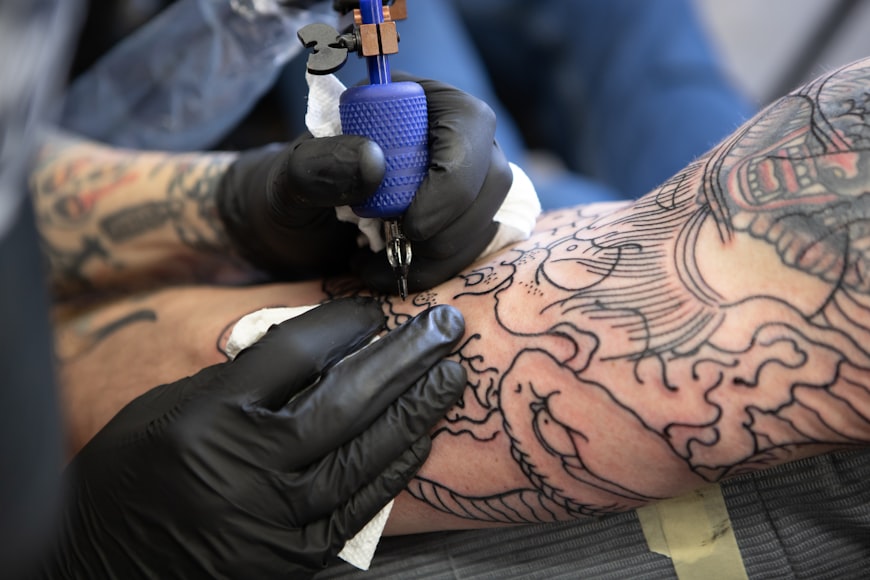Are You Thinking Of Getting A Tattoo? Keep These Safety Recommendations In Mind
If you're considering getting a tattoo, you're not alone: over 30% of Americans have at least one tattoo. While tattoos are a popular method to express yourself and decorate your body, there are several safety issues and precautions to consider before having one.
Here are the top five safety precautions to keep in mind before getting your next tattoo:
1. Selecting a tattoo artist and a tattoo studio/parlor
Infections, such as HIV or hepatitis, are the most serious health hazards associated with getting a tattoo. A tattoo should only be done in a reputed facility with clean tools and hygienic techniques. You should think carefully about who you choose for a tattoo, and this includes more than simply the artist's abilities. Examine the tattoo parlor's policies, hygiene, credentials, and reputation before choosing.
2. It's not only about the artist—ink is important as well
There is no tattoo ink that has been approved by the FDA. Some inks are made with non-sterile water, while others include pigments from printer toner or vehicle paint. Even at a tattoo studio that is otherwise hygienic, tattoo ink can cause infections and allergic responses. Keep a close eye on your skin to see if you have any allergic reactions.
3. Do not attempt it on your own
There are an increasing number of "do it yourself" tattoo kits on the market, as well as various home methods recommended on the internet. When you try to make a tattoo on your own, you're much more likely to get contaminated. If you're going to put anything permanent on your body, it's well worth the money to get an expert to do it for you.
4. Carefully follow the care recommendations
Make sure to follow your artist's care recommendations. Scar tissue can form after a tattoo, and persons who are prone to keloids (scars that extend beyond their normal bounds) may experience the same reaction. Care instructions will aid in the promotion of healing, the reduction of scarring, and the detection (and reporting) of any adverse reactions.
5. Take into account other health implications
Some people claim long-term health consequences from their tattoos, though this is uncommon. Swelling or burning around a tattoo might occur as a result of an MRI. Certain hair dyes and other irritants may induce contact dermatitis when they come into contact with your skin, depending on the components in the tattoo ink.
Last but not least, think before you write. A tattoo can be removed, but it's a time-consuming and expensive procedure using lasers or dermabrasion. One out of every eight Americans regrets getting a tattoo, so think long and hard about what you're about to place on your body—and how long you'll want it there.
This article is offered for educational reasons only and is not intended to replace the advise of your own physician or other medical expert. You should not use the material in this publication to diagnose or treat a health issue or disease, or to prescribe medication. Contact your health care practitioner right away if you have or suspect you have a medical condition.

